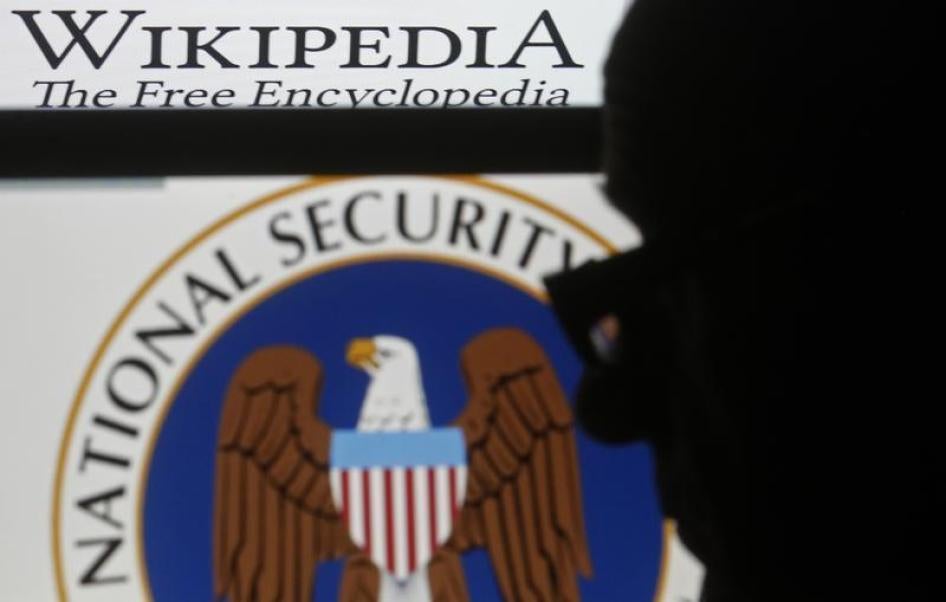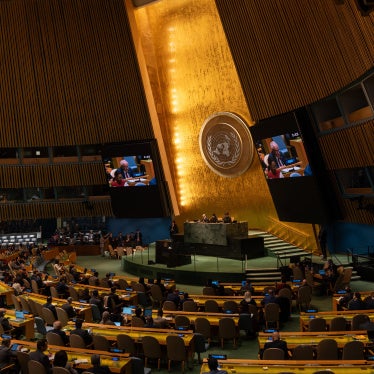Last Thursday, the United Nations’ foremost expert on freedom of expression issued a report scolding countries for failing to respect free expression standards when it comes to digital media. Among various legal shortcomings, he found that, “States often treat national security or public order as a label to legitimate any restriction.”
If the consequences weren’t so severe, one might enjoy the irony here. Countries are using misleading or vague language to mask their restriction on free speech. But as David Kaye, the UN special rapporteur on freedom of expression, points out, it’s not just language that suffers abuse, but real people – jailed for blogging, or spied on for no reason. Every law must have sufficient precision that the public can understand its scope. Any limits that countries place on free speech (or privacy, for that matter) require real scrutiny and oversight to ensure they are lawful, necessary, and proportionate to a legitimate end. Simply labeling measures as dealing with “national security” does not grant governments a free pass to shut down the internet, block entire social media sites, lock up dissenters, or conduct surveillance on a mass scale.
Since Edward Snowden’s disclosures, a few governments have moved to legislate a basis for their surveillance practices. But too often basic legal interpretations and legal orders remain secret, or laws are drafted in such hazy terms as to give complete discretion to executive power. In the United States, for example, the opacity of the two main intelligence surveillance authorities, Section 702 of the Foreign Intelligence Surveillance Act and Executive Order 12333, makes it impossible for the public and Congress to see what the executive branch is doing. What is known are the chilling effects of these massive surveillance programs on the practice of journalism and law in the US, and to the pursuit of knowledge in the English speaking world. Kaye and his predecessor have rightly recognized that violations of privacy can undermine our ability to freely exchange ideas and express ourselves.
Governments should heed Kaye’s report and evaluate their surveillance programs and efforts to restrict vaguely defined categories of speech under the requirements of international law. These standards exist to protect fundamental rights, like freedom of expression, which are the essential underpinnings for all other rights.








